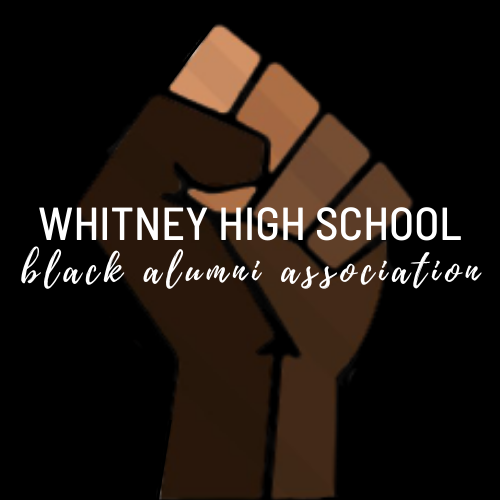Why Mentors Matter
Did you hear about the rose that grew
from a crack in the concrete?
Proving nature's law is wrong it
learned to walk with out having feet.
Funny it seems, but by keeping its dreams,
it learned to breathe fresh air.
Long live the rose that grew from concrete
when no one else ever cared.
-Tupac
For too long Black people have endured a multitude of inequitable and racist thinking and policy. We have been denied education, denied the ability to be in certain spaces, and denied our human rights. Yet against the constant and persistent obstacles put before us, we have persisted. We have thrived in conditions that were created for us to fail. As we meditate on the thought, ensuring Black students thrive; several ideas come to mind. We know that Black students can be successful without the intervention of caring adults, but how much more can they achieve surrounded by a community of adults who genuinely care about them? How do we create conditions that ensure that Black students survive?
After reflecting on our own experiences, the BAA board knew that part of cultivating conditions for success for Black students was mentorship. Our experiences showed us that finding and building a relationship with at least one faculty member or caring adult made the difference. Having someone to speak to about difficult situations, cheer us on and make us feel like we belonged was the difference between success and failure. The statistics support what our experiences showed us, that having a mentor MATTERS. Time and time again, anecdotes and research show, that having caring adults can help students thrive not only academically but socially as well.
And so, mentorship was one of the first initiatives that BAA began to work on. It was imperative for us to lay a foundation not only with students who we hoped to mentor, but also with the school and school board.
Student success will take more than statistics and good intentions. It will take the work of educators, leaders and community partners working together. Ms. Daeszha-Nay Williams, a counselor at Whitney High School is one of these educators and leaders. She has taken the lead on the mentorship program, working to facilitate mentoring groups and guidelines that will benefit our Black students not just for this upcoming year, but in the long run.
Ms. Williams is not the only person working to make change for students. There are countless others who work tirelessly to make sure that students have equitable opportunities for and in education. People such as Rita Pierson who is a long time educator and speaks about the difference one caring person can make in the life of a student . Watch her TED talk, Every Kid Needs A Champion. Or maybe you will find Keith Mayes’ talk about The Power of the Black Experience and how relevant it is to K-12 learning.
These educators and so many more people are working tirelessly to change the way we think about student learning and classroom experience. Mentorship is one of the ways to make the change. We no longer have to have roses rising from the concrete alone. Instead we are building a rose garden, tended to and fertilized with care, so that each rose can bloom in it’s own time, showcasing it’s unique beauty.








